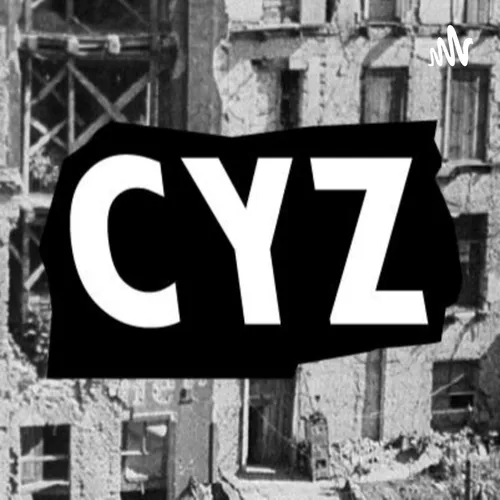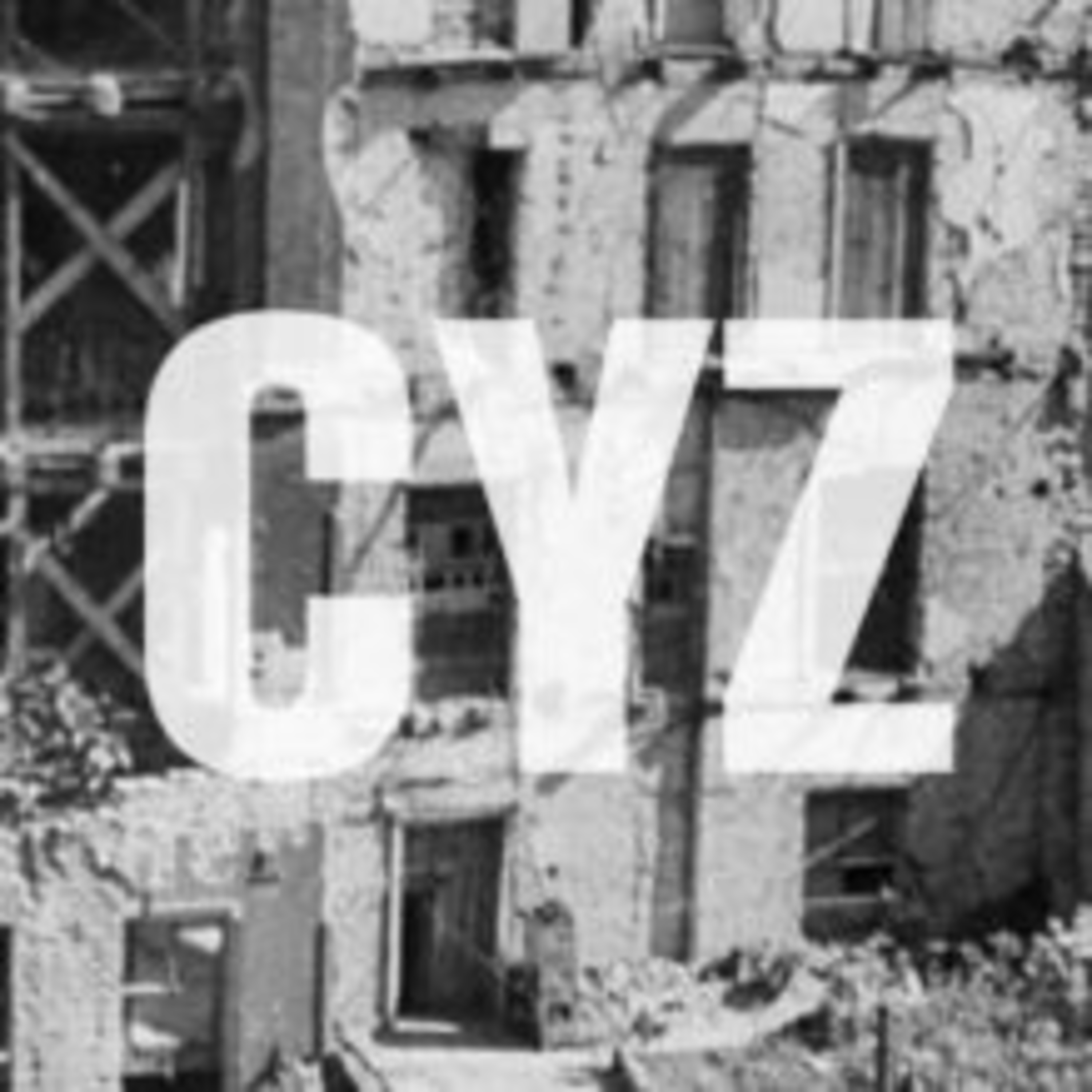
Cinema Year Zero
Audio versions of essays from Cinema Year Zero
- Update frequency
- every day
- Average duration
- 9 minutes
- Episodes
- 137
- Years Active
- 2020 - 2025

The Other Side of the Wind | Sus
Ben Flanagan makes the case for Orson Welles' long-lost masterpiece The Other Side of the Wind is a hybrid documentary on the death of a genius.

Inventing the Future | Sus
Thomas Atkinson surveys the digital documentary future promised by Isiah Medina's Inventing the Future, and says: 'Is this it?'

Dreams of a Life | Sus
The public perception of a dead woman is challenged in Carol Morley's Dreams of a Life, as Orla Smith writes.

The Viewing Booth | Sus
Two new festival hits - Me and the Cult Leader and The Viewing Booth - are investigated by Cat Mahmoud for what they can teach us about how we receive and regurgitate images.

Handsworth Songs | Sus
Satya Harihan draws a line across history from 1980s British police violence in Black Audio Film Collective's Handsworth Songs to our present moment of image saturation.

Volume 2: Sus - Documentary Ethics in the Streaming Age
An introduction to our second volume.

Arboretum Cycle | Sus
Maximilien Luc Proctor finds valuable documentary insight in the experimental films of Nathaniel Dorsky, Teo Hernandez, and James Benning.

The Mind of Jake Paul | Sus
Cathy Brennan documents her fragmented thoughts and frustrations working her way through the filmography of corrupt YouTube auteur Shane Dawson.

Nanook of the North | Sus
Joseph Owen examines the power of knowledge and perception in Robert Flaherty's Nanook of the North.

Glory and Dignity | Apocalypse
Amos Levin discusses his curated online season of African revolutionary cinema, Glory and Dignity.

13 Hours: The Secret Soldiers of Benghazi | Apocalypse
Thomas Atkinson untangles 13 Hours: The Secret Soldiers of Benghazi and its flurry of digital video.

La vida útil
Alonso Aguilar reminisces on the cinema as a physical space.

The Most Dangerous Game | Apocalypse
Ben Flanagan connects the dots between a 1930s thriller and two present-day genre pieces on white supremacy.

Chinatown | Apocalypse
Anna Devereux examines cycles of violence in Chinatown and Twin Peaks: The Return.

Billy Liar | Apocalypse
Rhys Handley deconstructs the hopelessness of the Macmillan era in Billy Liar.

The Passion of Joan of Arc | Apocalypse
Joseph Owen interrogates Carl Schmitt's fascination with The Passion of Joan of Arc.

The Cordillera of Dreams | Apocalypse
Cathy Brennan uses Patricio Guzman's The Cordillera of Dreams to question the romantic myth of film festivals.